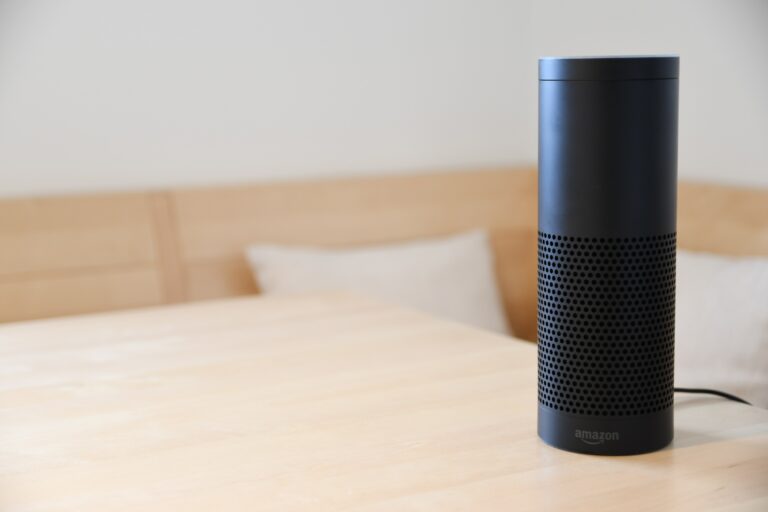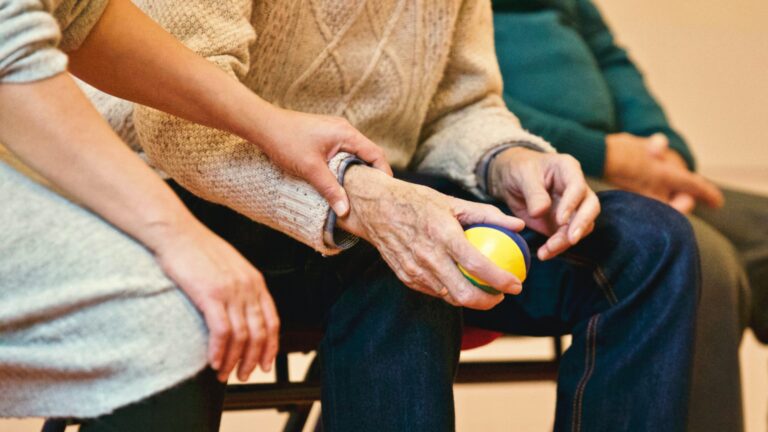
Alexa, How Can You Help Seniors
Amazon’s new programs run through Alexa Smart Properties, which allows organizations to control a centralized Alexa system, according to MSN’s recent article “Amazon announces Alexa program for hospitals and senior care.”
“Early on in the pandemic, hospitals and senior living communities reached out to us and asked us to help them set up Alexa and voice in their communities,” Liron Torres, global leader for Alexa Smart Properties, said in an interview with The Verge.
“Hospitals wanted ways to interact with patients without using protective equipment, and senior living communities wanted to connect residents with family members and staff,” Torres says.
The program allows senior living facilities to employ Amazon Echo devices to send announcements or other messages to residents’ rooms. During the COVID-19 pandemic, many facilities relied on printed out sheets of paper slipped under resident doors to communicate changes in protocols, like around meals or quarantines. However, the Alexa program now lets them send messages immediately into patient rooms.
“Staff can be more available for other tasks,” Torres says.
Senior facility residents can also place calls through Alexa to family members or friends, without having to rely on a staff member. Approved contacts would also be able to call in through Alexa. The facility could enable calling for a list of contacts approved by the resident and family members when they arrive.
Two networks of senior living communities, Atria (which is nationwide) and Eskaton (based in California), are adding Alexa to some facilities, Amazon announced.
In hospitals, the Alexa Smart Properties program allows nurses to speak with patients through the calling and intercom-type drop-in features without having to enter patient rooms. Patients could ask questions, or nurses could see how a patient is feeling with this feature.
“This enables hospitals to increase productivity and be able to save on medical supplies,” Torres says.
Hospitals can also send information and announcements to patients through Alexa.
Reference: MSN (Oct. 25, 2021) “Amazon announces Alexa program for hospitals and senior care”









